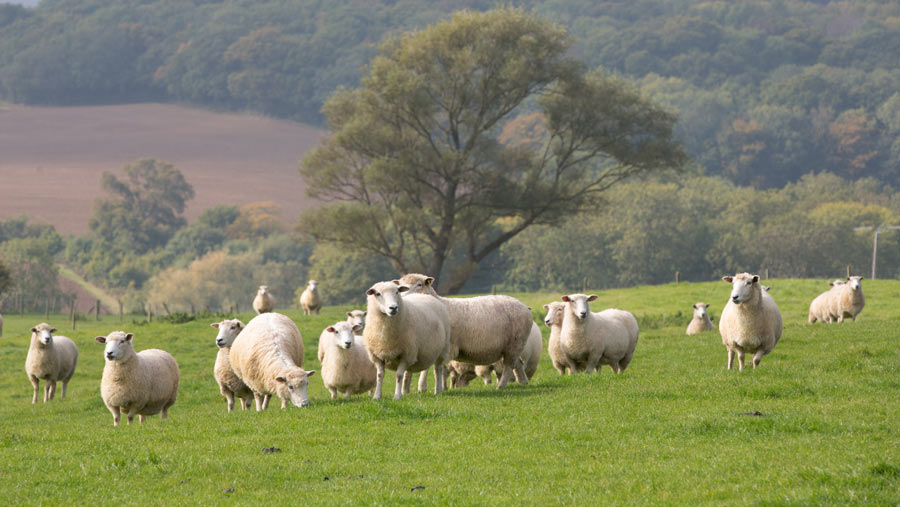Relaxed movement rules for farmers in bluetongue zones
 © Tim Scrivener
© Tim Scrivener Farmers in bluetongue control zones can now apply for licences to move livestock out of restricted areas, after the Animal and Plant Health Agency (Apha) relaxed certain rules on movements.
Colder winter temperatures have meant that midges are not actively feeding and midge activity has been much lower, therefore posing less of a threat of spreading bluetongue.
Marion England of the Pirbright Institute said: “The current weather conditions and time of year mean that culicoides – the type of midge able to spread viruses such as BTV-3 – are highly unlikely to transmit the virus to livestock.”
See also: Bluetongue approaches 50 cases in UK since autumn outbreak
Dr England added that midges are most active during the warmer months and can become newly infected with the virus and spread disease when temperatures are above 12C for a sustained period.
An Apha statement said that new licences will be subject to pre-movement testing and other conditions, and will only apply during periods of low vector activity.
Guidance states that movements must not take place until a licence has been issued. It also warns that licences can be reviewed and revoked if restrictions change.
Cases of bluetongue in the east of England continue to rise despite this rule change, and disease control zones are still in place in parts of Norfolk and Kent.
As of 4 February, there have been 83 registered bluetongue cases across 44 different holdings since the autumn outbreak began.
However, ongoing surveillance by Apha has found no evidence that the bluetongue virus is circulating in midges.
A form is available on the government website for farm businesses to apply for licences for exemption from restrictions in the zone.
